There are some names, some cultural entities, that stay with us forever. One for me is and has always been Malcolm-Jamal Warner. His name was one of the first I learned while watching the trademark, unique-to-each-season opening credits of The Cosby Show growing up. To be clear, Malcolm was so much more than “Theo Huxtable” (and I will delve more into that fact later), but that role was his introduction to most of us. And it was SO important.
The Cosby Show, which ran from 1984-1992, was an entertainment juggernaut. It is credited with reviving the sitcom, as sitcoms were considered a “dead” genre at the turn of the ‘80s. Essentially, your favorite sitcom that debuted after 1984 largely has The Cosby Show to thank. It is my favorite television show of all time, and I own the entire series on DVD. For a show to revolve around a Black family was one thing and it had been done before (see Good Times, Sanford & Son, The Jeffersons, What’s Happening!) What set The Cosby Show apart, however, was its presentation. Two professional parents in the home who are HBCU graduates raising a family of five and just experiencing everyday life in a humorous and loving way. There were dope music moments galore (Cliff Huxtable was the epitome of a jazz head), historical accounts of Black history, and Black-centric art adorning their home.
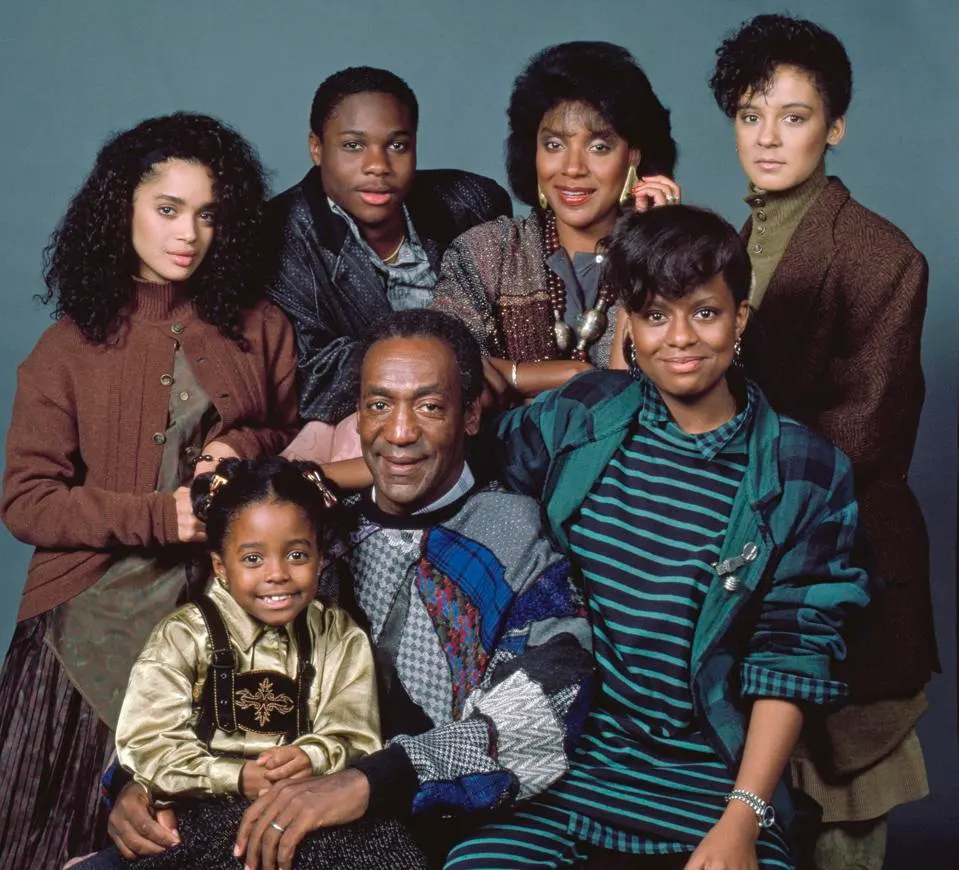
This portrayal of the Huxtables has been criticized by some for being unrealistic, which I have personally always found to be ridiculous. As a Black girl growing up in the late 1980s and throughout the 1990s, I found the show to be very relatable to my own family’s dynamics. Both of my parents attended an HBCU (THE North Carolina Central University, aka NCCU). I was the youngest of five (like Rudy), including one brother (and heavily related to Rudy because of this, as the age difference between my brother and I is similar to that between Theo and Rudy). I was born a couple of years into the show’s original run (during the first half of season three, to be exact), but the show became my all time favorite over time thanks to it already being rerun in syndication by its fifth season. The show illustrated that Black folks in America are not a monolith, and I personally will always appreciate that.
Theodore Aloysius Huxtable, portrayed wonderfully by Malcolm, was and is such an important character. He was cute, good-natured, loving, funny, witty, and respectful. He was definitely a little goofy and unserious in his younger years, but his maturation was amazing to watch. A year or two ago, there was a meme circulating on Instagram that posed the question: who is the greatest sitcom character of all time? I named several characters, and then a conversation was sparked in my comments about Theo. At the time, I stated that Theo was arguably the best written Huxtable child. His character development was amazing.
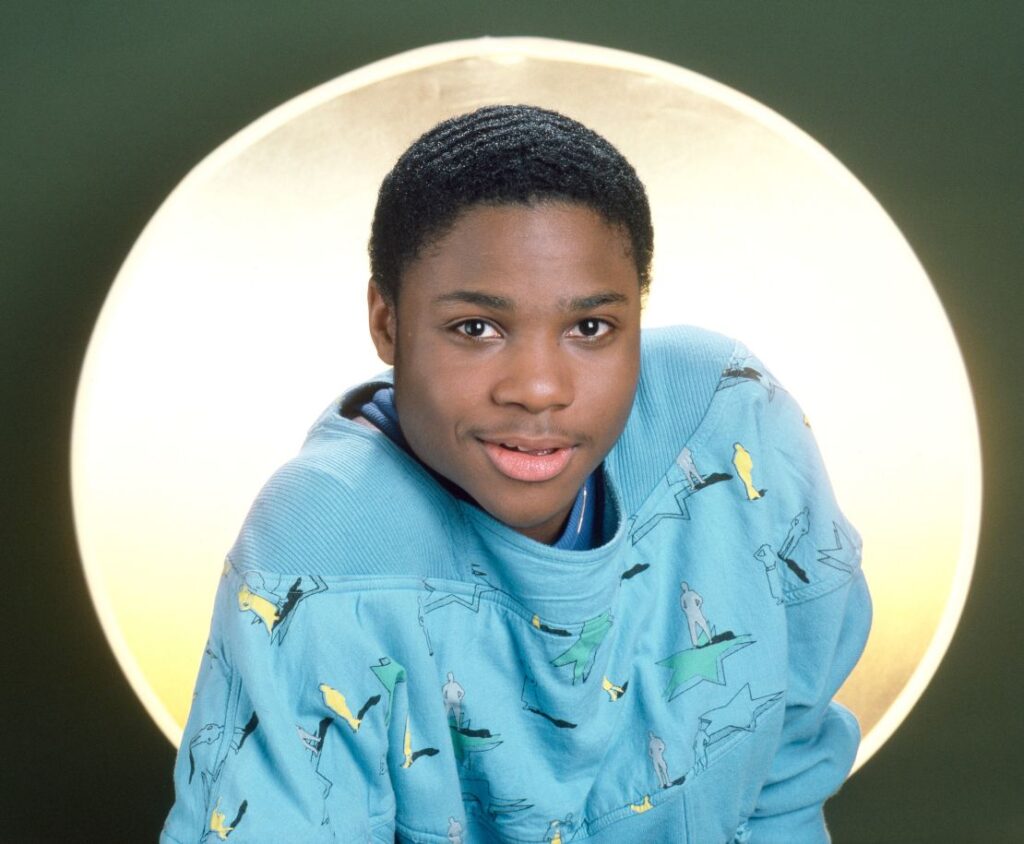
Think about it. The very first episode of The Cosby Show was heavily centered around Theo. Classic material from the very beginning: Theo bringing home Ds on his report card and not grasping the importance of his education, him receiving that famous economics lesson from Cliff with Monopoly money, and the classic “Theo, that’s the dumbest thing I’ve ever heard!” and “I brought you into this world, and I will take you out!” lines said by Cliff. Fast forward to season six: an episode entitled “Theo’s Gift”. Theo is now in college and performs poorly on an exam that he was positive he would pass with flying colors. After bringing the exam home and going over it with Cliff and Clair, it is suggested by a college counselor that he tests for dyslexia; the tests ultimately confirm that he is indeed dyslexic, which likely contributed to his prior performance in school. Fast forward another season, and we see Theo begin to work at a youth center where he is now the one trying to encourage students to take their education seriously. He sees the value in education now, and even convinces a student named Stanley (portrayed by the late Merlin Santana), who he suspects has dyslexia, to test for it as well.
Then finally, in the series finale, we see Theo graduate from college. The episode even includes a flashback to the pilot episode and the classic aforementioned Monopoly money scene. It perfectly juxtaposes where the character was developmentally at the beginning of the series with where he was at the end. The series essentially began heavily focused on Theo and ended the same way. I think that’s a pretty good argument for “best written Huxtable child”. His character development, coupled with his general coolness and likeability in all the years throughout the show, make him one of the most important television characters of all time. I could never imagine anyone else portraying the role.
As an aside, I have to say this: I’m so glad I started collecting each season on DVD in 2004, and I’m so irked that all the same networks that have been posting tributes to Malcolm and mentioning how iconic his character and how important the show are, are the same ones that actively took part in its erasure from mainstream syndication. I take my hat off to TV One and The Grio for continuing to include it in their network lineups. Additionally, this is also why I’m such a proponent of owning physical media. Streaming is cool and I definitely partake in its convenience almost daily, but I insist on holding on to DVDs, VHS, cassettes, vinyl, and CDs simply because streaming (music, movies, or shows) is not true ownership. And in a time like this, having all 200-plus episodes of The Cosby Show available to watch as I please is a treat. But I digress.
Post-Cosby, Malcolm continued to make his mark in the directing world, having started directing while still on the show. For instance, he had already directed New Edition’s “N.E. Heart Break” video in 1988, as well as the forever classic “Wretched” episode of The Cosby Show centered around Vanessa and features a classic scene and exchange among Vanessa, Cliff, and Clair. (If you know, you know.) He also starred in the short-lived television show Here And Now the following television season after The Cosby Show ended, and notably went on to star in Malcolm & Eddie in the late 90s. The same year, 1992, he directed the documentary entitled “Time Out: The Truth About HIV, AIDS, and You”, which I still have on VHS.
Additional roles include his portrayals on 911 as Amir Casey and The Resident as Dr. A.J. Austin. I have a personal soft spot for his role as Dr. Alex Reed in the short-lived BET series Reed Between The Lines opposite Tracee Ellis Ross in the early 2010s. I remember being so excited for that show and I watched it regularly, as it debuted at a particularly nostalgic time in my life that needed a new Black sitcom. The fact that it featured two actors from two of my favorite past sitcoms (The Cosby Show, Girlfriends) was icing on the cake. I wish it could’ve had a longer run.
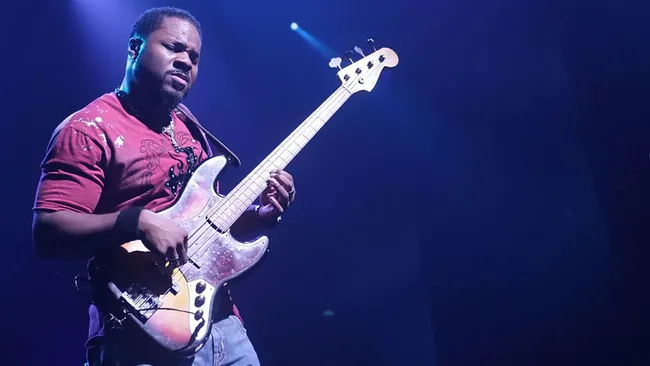
Then, there is his art and activism. Malcolm’s music and writing were major passions of his, and it is not surprising given his namesake. He was named after Malcolm X and Ahmad Jamal, after all. Through his music and writing, Malcolm flexed his bass playing skills and regularly wrote about and expressed his thoughts on social issues via spoken word and poetry. I have always appreciated his activism through his art, as well as his social commentary. Malcolm was truly the epitome of an outspoken and upstanding purveyor of Black culture and awareness. In these ways, he greatly channeled the spirits of the two men he was named after. Additionally, in an interesting full circle occurrence, Malcolm was featured along with Lalah Hathaway on a cover of Stevie Wonder’s “Jesus Children of America” on Robert Glasper’s Black Radio 2 (shortened to “Jesus Children”). He even won a Grammy for this performance in 2015 (with Robert and Lalah). I say it is full circle because of the classic episode of The Cosby Show that featured Stevie Wonder and Theo’s famous “jammin’ on the one” line.
On that note, upon hearing of Malcolm’s untimely passing while traveling back home from a trip to New York, I was reminded of his own last words in “Jesus Children”:
…remind us to laugh, scream, and let our inner child fly
Higher than deferred dreams seldom seen
Through the lens of love and gratitude, let’s give our children love and gratitude
Fly high
Shine, and fly high
And fly high
Those words are now fitting for his memory. Fly high, Malcolm-Jamal.
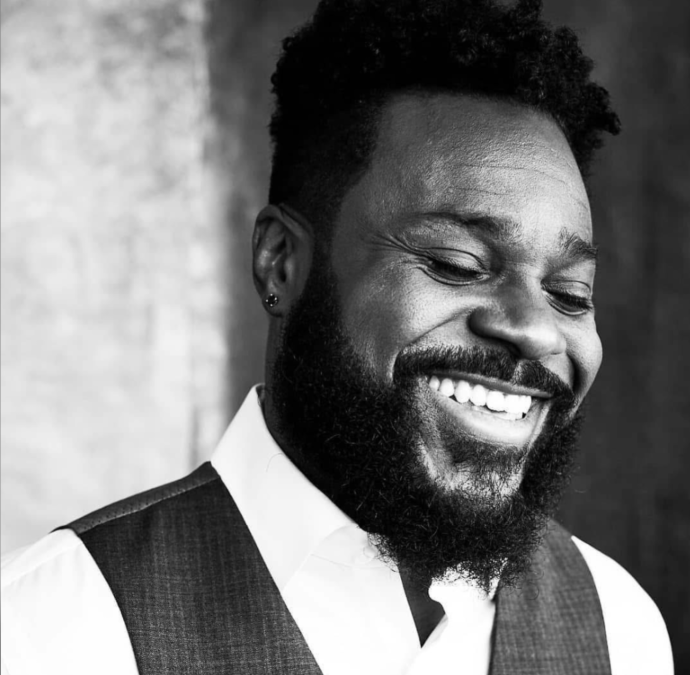
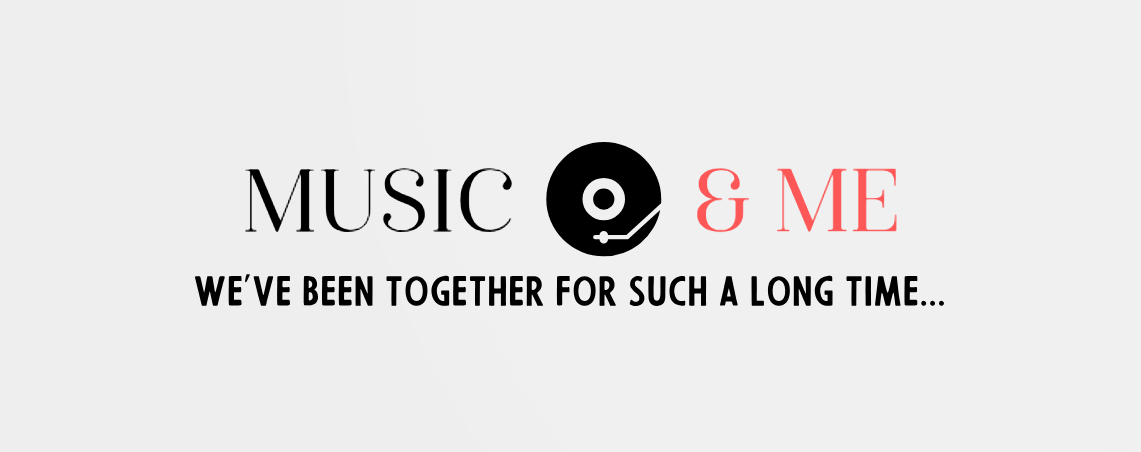
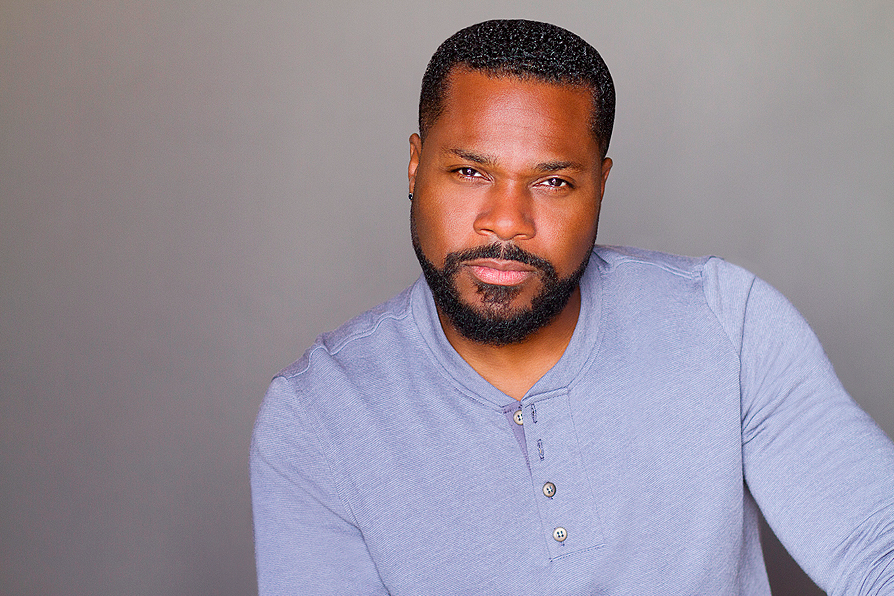
What a wonderful tribute to Malcolm-Jamal Warner! I have learned so many things about him that I never knew. You really know your history and express it extremely well. Keep on sharing your knowledge and wisdom with the world. You should be writing for Essence or any magazine or journalistic media source.